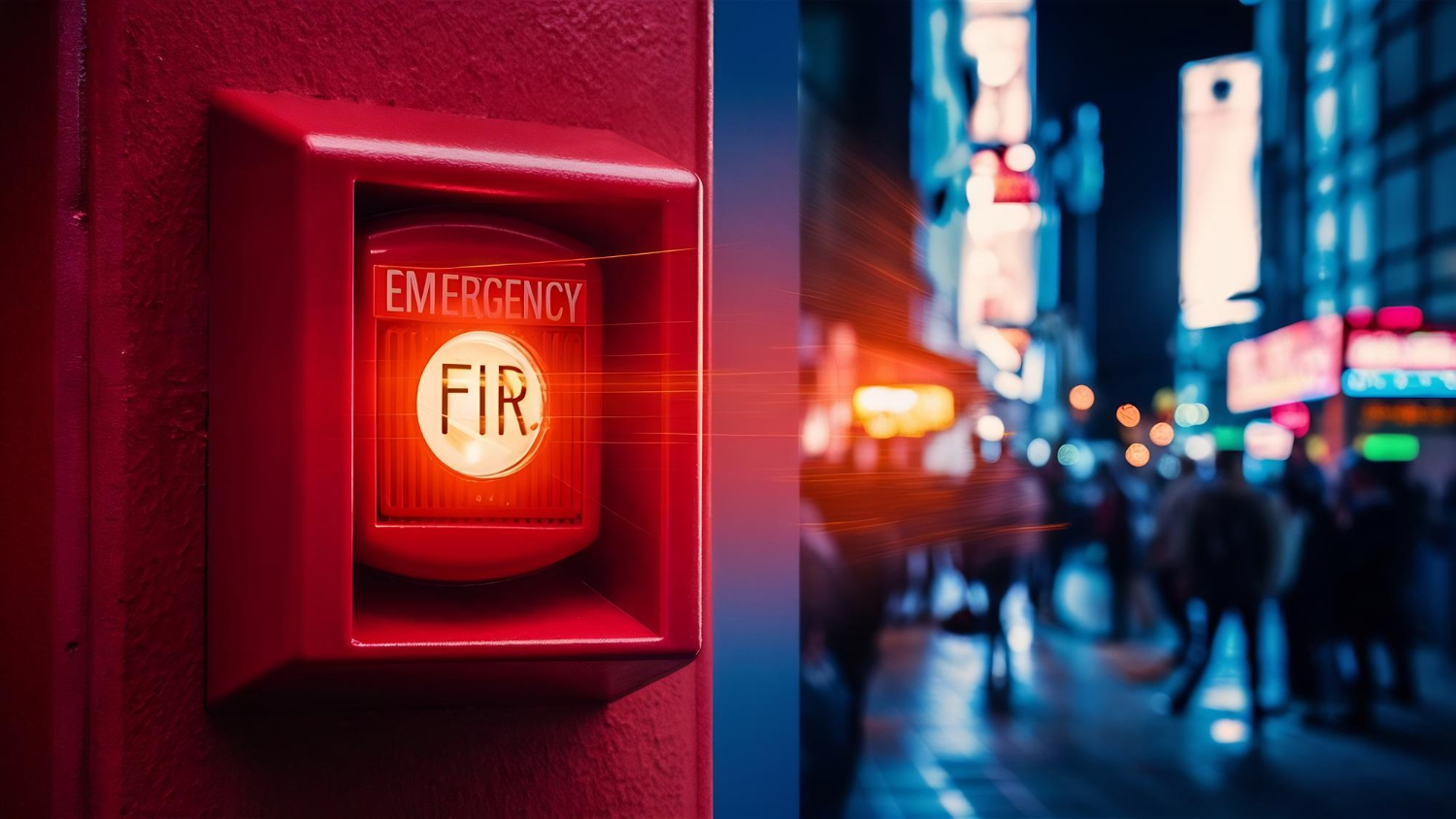
Significant Decline in Emergency Calls
The Delhi Fire Services (DFS) experienced a notable reduction in emergency calls during Diwali night 2024, receiving 269 distress calls compared to 318 in 2023. This 15 percent decline marks a positive shift from last year’s figures, which represented the highest number of fire-related emergencies in the past 13 years. The decrease demonstrates improved public awareness and enhanced safety measures across the capital city.
Despite handling a substantial volume of emergency calls throughout the festive night, authorities reported no major catastrophes, fatalities, or serious injuries. This achievement underscores the effectiveness of preventive measures and the swift response capabilities of the fire department during one of Delhi’s most challenging nights for emergency services.
Breakdown of Emergency Responses
Out of the 269 fire calls received until midnight, approximately 122 incidents were directly linked to firecracker usage. The remaining calls involved various fire-related emergencies, including blazes triggered by traditional diyas and other festive illumination methods. Senior DFS officials confirmed that most incidents remained minor in nature, requiring basic intervention rather than extensive firefighting operations.
The department did encounter three significant incidents, classified as two Make-4 and one Make-6 category fires. However, these situations were managed efficiently without resulting in casualties or extensive property damage. The classification system helps the department prioritize resources and determine the scale of emergency response required for different incidents.
Comprehensive Safety Preparations
The Delhi Fire Services implemented extensive preparedness measures well before the festival commenced. All fire stations, emergency vehicles, and quick response teams operated under high alert status throughout the entire Diwali period. This proactive approach ensured maximum readiness to handle any emergency situation that might arise during the celebrations.
Department officials conducted detailed advance planning to guarantee public safety across the metropolitan area. All personnel leaves were cancelled, ensuring full staffing levels throughout the critical period. Additionally, every fire-fighting vehicle and equipment piece underwent thorough inspection and testing to guarantee optimal performance when needed. These meticulous preparations played a crucial role in the successful management of fire-related incidents during the festivities.
Historical Perspective on Diwali Fire Incidents
Analyzing historical data reveals interesting trends in Diwali-related fire emergencies over the years. The DFS records show 206 calls in 2011, 184 in 2012, and 177 in 2013. The numbers increased to 211 in 2014, then jumped significantly to 290 in 2015. Subsequent years witnessed 243 calls in 2016, 204 in 2017, and 271 in 2018.
The pattern continued with 245 calls in 2019, followed by a sharp decline to 205 in 2020 and 152 in 2021, likely influenced by pandemic-related restrictions. The figures rose again to 201 in 2022, 208 in 2023, before reaching the record high of 318 last year. This year’s reduction to 269 calls suggests a return toward more manageable levels.
Peak Emergency Hours Identified
The temporal distribution of emergency calls revealed distinct patterns during the 2024 Diwali celebrations. The busiest period occurred between 6 pm and 11:59 pm, during which the DFS received 176 distress calls. This timeframe coincides with the traditional peak celebration hours when most families burst firecrackers and light diyas.
Following midnight, the department continued handling emergencies, receiving 144 calls between midnight and 6 am. This sustained activity level demonstrates that fire-related risks persist well beyond the prime celebration hours, necessitating round-the-clock vigilance from emergency services.
Improved Public Awareness and Coordination
Deputy Fire Chief AK Malik attributed the overall decline in emergency calls to enhanced public awareness and improved precautionary measures adopted by Delhi residents. The reduction suggests that safety campaigns and public education initiatives are yielding positive results, encouraging citizens to celebrate more responsibly.
The comparatively lower incident count also reflects strengthened coordination between various agencies involved in public safety management. This inter-agency cooperation ensures more efficient resource deployment and faster emergency response times. The collaborative approach has proven instrumental in preventing minor incidents from escalating into major disasters.
The successful management of Diwali 2024 sets a positive precedent for future festive seasons, demonstrating that public awareness combined with robust emergency preparedness can significantly reduce fire-related risks during celebrations.
Cover the latest EHS news updates with a single click. Follow DistilINFO EHS and stay ahead with updates. Join our community today!


Leave a Reply